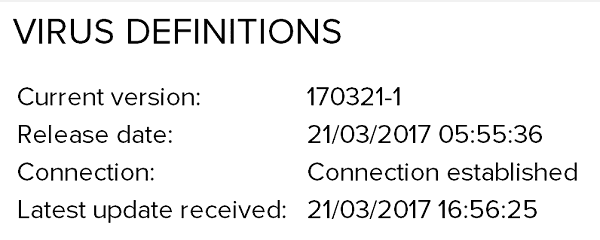Protecting yourself and your private data from hacks and attacks seems simple if you take steps to keep everything secure, but sometimes this isn’t enough. There might be cracks in the system that you missed, or backdoors you were unaware of.
Prevention is the best protection you can have, but sometimes the only way to spot the cracks in your security is to go looking for them. This is what hackers do when they are trying to get to your data, and it is why hacking can be so useful to you. By testing your system against hacks, you can find the problems and fix them before anyone else does.
Ethical hacking training can provide you with everything you need to know to protect yourself from attacks before they happen, and can really help to save your data.
What is ethical hacking?
When the majority of people think about hacking, they think of attacks on companies or individuals to try and steal their data. However, ethical hacking is a different matter. Sometimes referred to as white hat hackers, they will not use their skills to try and steal your private data. Instead, they will use it for good.
Ethical hacking is when an individual or company agrees with another person that they should try and hack their system. They will hit the system with everything that they have got, attacking the network security and trying to get in.
When they do get in, they will then tell you exactly what they found and how they got in. Their intention is not to steal data. Ethical hackers do this to help you fix the problems in your security. By attacking your system to find holes, they are pointing out the cracks in your armour before hackers can find them. This gives you more time to fix the problems and protect yourself so that hackers can’t get access in the future.
What does training involve?
Becoming an ethical hacker takes time, as you need to earn your credential from the EC-Council. When you are a Certified Ethical Hacker (CEH), you will have all of the skills and qualifications you need in order to help businesses and individuals protect themselves against hacks. By getting the credential you are showing that you have been certified and know what you are doing… but what exactly does the training involve?

Having a CEH credential shows that you meet and understand the minimum standards for ethical hacking.
Penetration testing
Penetration testing, often referred to as pen testing, is an essential part of ethical hacking training. This is where you attack a system as a hacker might try and get in and find flaws in the system which hackers can then exploit.
The difference is that penetration testing will then give you a full analysis of the flaws and errors so that you can go in and fix them. It will decrease the number of ways that hackers can then get into your system, helping to protect you and your data in the future.
By neglecting to run a pen test you are leaving your system vulnerable to attack, which is why it is an essential part of ethical hacking training. Failing to perform a penetration test means that you have no idea of the flaws in your system, and so hackers can happily exploit them.
Viruses and backdoors
Anti-virus has become standard for most people. Even those with a basic understanding of cybersecurity will have one installed on their computer, even if it is a free one. The challenge for hackers is finding ways to get around this protection, which they will try to do by creating new viruses and making backdoors into your network.
Viruses are constantly evolving and changing, and as part of your ethical hacker training you’ll learn about the most common viruses out there, as well as the predictions for the future. Knowing about what the future might hold for viruses and cybersecurity means that you can stay one step ahead and predict incoming attacks.
You’ll also learn about backdoors. Backdoors make it easy for hackers to get back into the system if they need it, and they can use your data in any way they see fit. Most recently, one former IT admin was found to have created a backdoor to help his new employer. In order to best protect your system you’ll learn about backdoors, how to stop them being created in the first place, and what to do when you discover one.

Anti-viruses will automatically keep up to date with the latest virus definitions, but hackers are always creating new viruses to get into systems. As an ethical hacker you’ll need to stay one step ahead.
DoS and system hacking
Denial-of-service attacks are some of the most common issues websites face. Known as DoS attacks, the aim is to make your network unavailable. This means that visitors to your website will be unable to gain access, with an error message appearing to declare your site unavailable. It means that you can lose business.
It is done by flooding the system to try and get it to overload. When it does overload the system will shut down, making it difficult for genuine requests to get through. Ethical hacking training will show you how to do this so that you then understand how you can prevent it in the future.
You’ll also learn about system hacking, which is where individual computers on a network are targeted. This will help you learn more about securing your network from attack and then the individual computers linked to it. By knowing how the attacks are done you can then stop them from happening to you in the future.
Finding the right training for you
They say that if you want to beat a hacker you need to start thinking like one, which is why ethical hacking training is so vital. You can spot vulnerabilities in the system and take corrective measures to ensure your data is safe.
There are so many different aspects to ethical hacking training that it can feel overwhelming for you to find the right kind of training for you. Here at ODS we offer you a range of Information Security Training so that you know how best to deal with cyberattacks when they happen.
- Why you need to train your CEO before your employees - September 14, 2017
- Your computer may be a zombie! - July 25, 2017
- All You Need To Know About GDPR - July 4, 2017







Comments are closed.